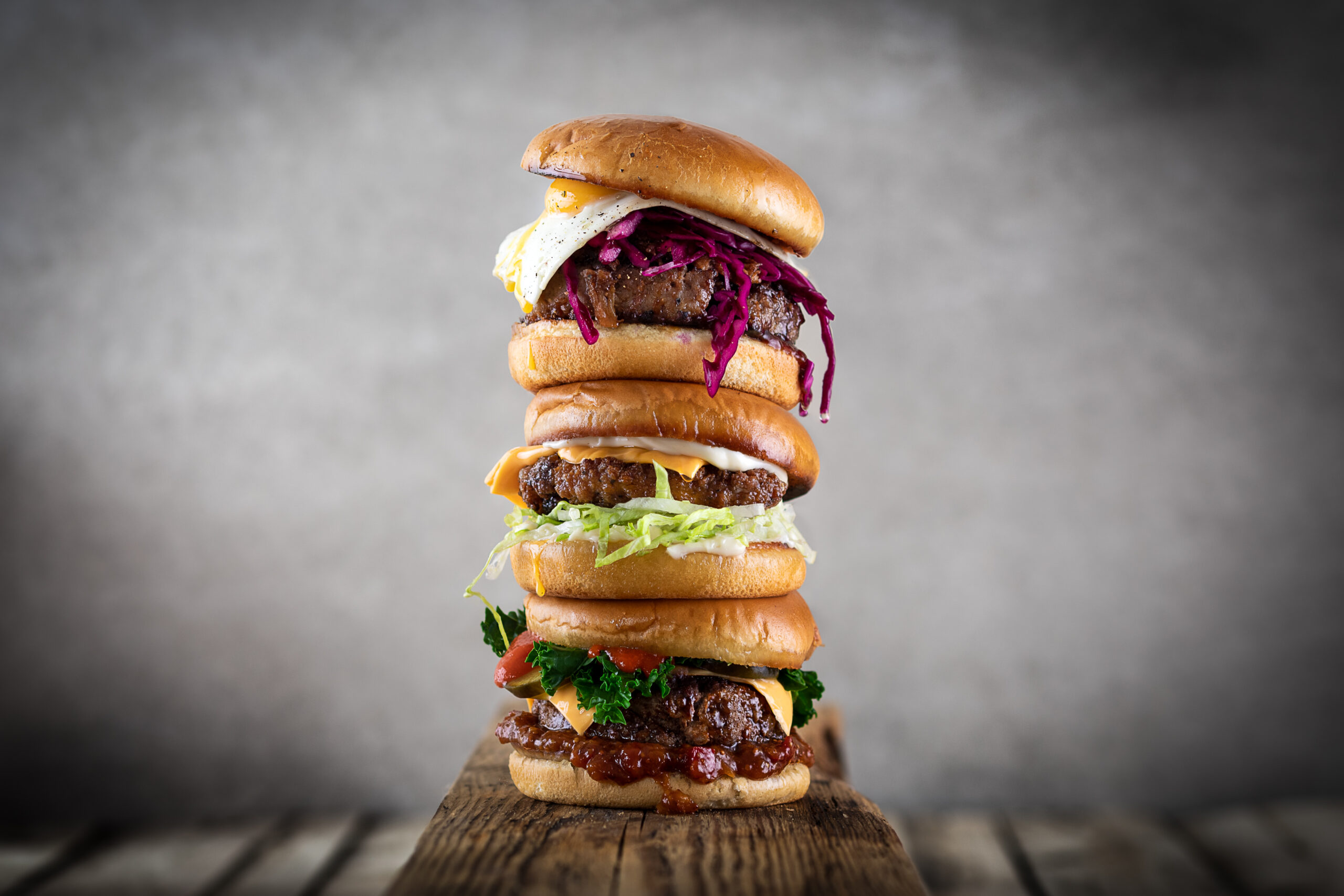The Rise of Sustainable Dining in the UK
7th August 2024
Sustainability has taken centre stage in the UK foodservice industry, with consumers increasingly demanding eco-friendly options – and this trend is not going anywhere. As awareness grows, businesses are recognising the importance of incorporating sustainable practices into their operations. This shift is driven by a combination of consumer preferences, industry initiatives, and regulatory pressures.
We explore Mintel’s newest global report on ‘Sustainability in UK Foodservice 2024’ to see what is driving this shift and how the foodservice can adapt to meet the evolving consumer needs.
Growing Sustainability Demand
According to a recent study, 47% of UK diners now prioritise eco-friendly options when deciding where to eat or order from, up from 42% in 2023. This significant increase highlights the growing importance of sustainability in consumer decision-making. Younger generations are particularly leading this trend, presenting a prime opportunity for foodservice businesses to cater to their eco-conscious values.
Despite the growing demand for sustainability, there are still barriers to overcome. Habit and trust in environmental claims remain key challenges. 70% of UK foodservice consumers find recycling reward schemes appealing, suggesting that incentives can play a role in encouraging sustainable behaviour.
Sustainable Ingredient Sourcing
Sourcing sustainable ingredients is a crucial aspect of sustainable foodservice. 83% of UK foodservice consumers believe operators should prioritise animal products from sustainable sources. For meat, 58% emphasise pasture-raising practices while 78% of consumers show interest in sustainably sourced plant-based options.
While sustainability is itself crucial, it’s essential to remember that food quality remains the top priority for most consumers. 96% of UK diners still choose where to eat based on the quality of the food, so sustainable practices must be integrated without compromising taste or experience.
Transparency and Communication
Transparency is key to building consumer trust and confidence in sustainable practices. Over two-thirds of consumers want more information about restaurants’ sustainability efforts. However, 64% struggle to understand a meal’s carbon footprint, highlighting the need for clear and accessible communication.
This communication should extend to the pricing of menus and justifications if necessary. Although, the cost of living crisis has not diminished the importance of sustainability. While affordability remains a concern, 70% of respondents find reward schemes for sustainable practices appealing, suggesting that there is a willingness to support sustainable initiatives even in challenging economic times.
Regulatory Environment
The UK government has taken steps to promote sustainability in the foodservice industry. The Single-Use Plastic Ban, implemented in October 2023, prohibits the use of plastic cutlery, polystyrene cups, and other specific items for takeaways. Additionally, the EU Single-Use Plastic Ban, set to take effect in 2030, aims to reduce packaging waste by 5% by 2030 and 15% by 2040.
Innovation and Marketing Trends
Several businesses are leading the way in sustainable foodservice practices. Pizza Pilgrims obtained B-Corp status in March 2024, demonstrating a commitment to social and environmental responsibility. The Celtic Collection opened an all-electric hotel with water-saving features, showcasing innovative approaches to sustainability. Another Hand bistro in Manchester repurposed unused ingredients into innovative dishes, highlighting the potential for upcycling and reducing food waste.
Industry collaborations, such as the Zero Carbon Forum, are also playing a vital role in guiding the hospitality industry towards sustainability through partnerships and research.
Leading Sustainable Companies
Suffolk-based brewer Greene King is investing in energy-saving technologies and has committed to 100% renewable electricity. Greggs is also committed to sustainability, with 97% of its energy coming from renewable sources and a goal of 100% by 2025.
The growing demand for sustainability in the UK foodservice industry presents a significant opportunity for businesses to differentiate themselves and attract eco-conscious consumers. By prioritising sustainable sourcing, implementing innovative practices, and communicating transparently about sustainability efforts, foodservice operators can contribute to a more sustainable future while also improving their bottom line.
Innovation and staying ahead of the curve are our specialities at Kara. If you are ready to take your food offering to the next level and stay sustainability-savvy to attract fresh audiences, get in touch with us today to get your menu sustainably sharp.









